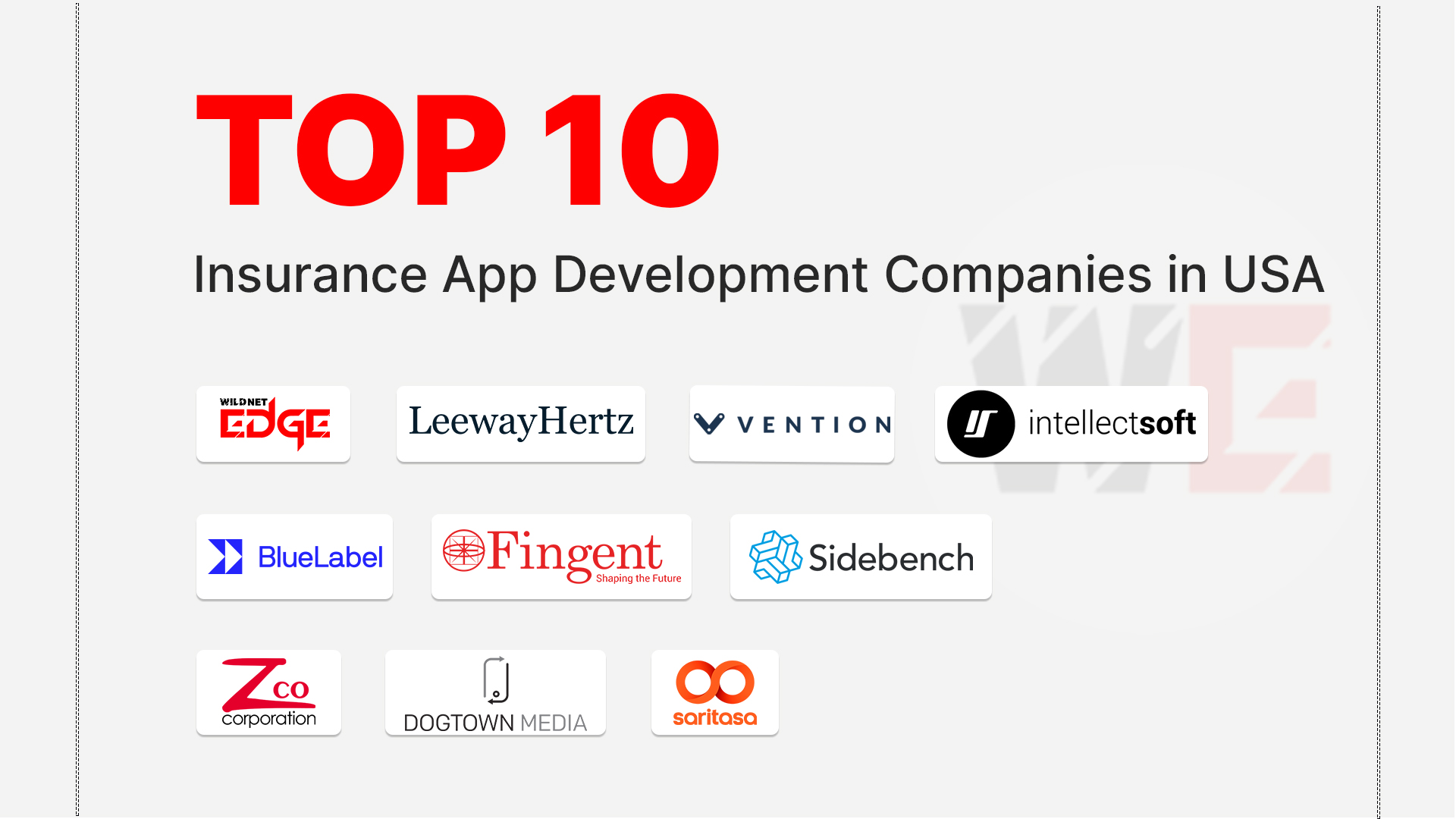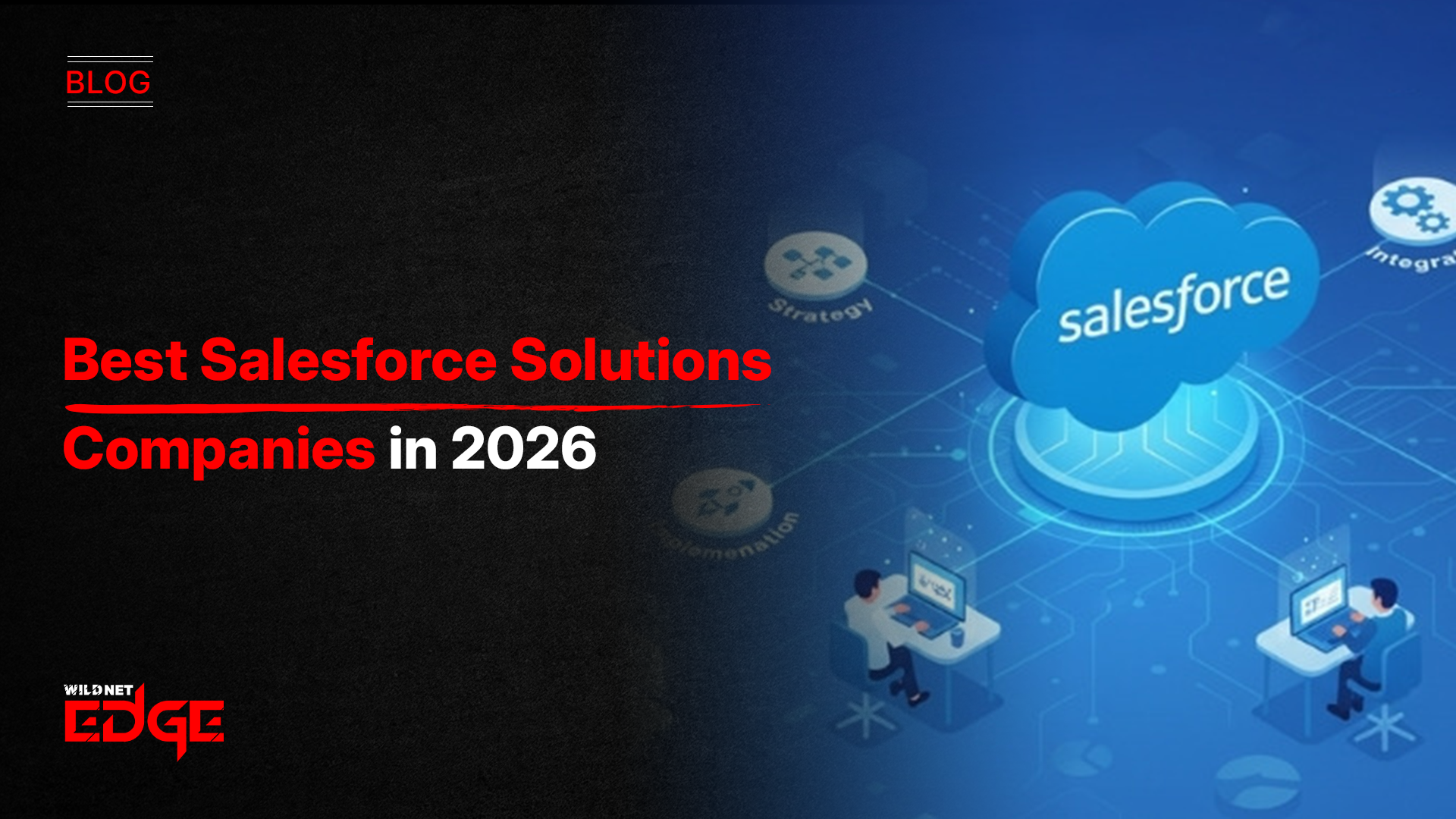Are you struggling to keep up in today’s digital landscape? A lack of effective transformation could be holding you back. In this digital business transformation guide, you’ll uncover essential strategies to modernize your approach. Are your processes outdated? Is your competition outpacing you? Let’s dive into how to initiate change.
Understanding Enterprise Transformation
What is Enterprise Transformation?
Enterprise transformation refers to the comprehensive, strategic overhaul of an organization’s people, processes, and technologies. It’s about aligning your business model to the ever-evolving digital age. As markets change and technology advances, companies must rethink how they operate to stay competitive.
The concept goes beyond simple upgrades; it’s a holistic approach that involves rethinking traditional methods and adopting modern, agile solutions. For instance, a manufacturing firm may embrace automation, predictive analytics, and cloud computing to streamline operations and improve product quality. Similarly, a retail business might integrate e-commerce platforms and personalized marketing strategies to enhance customer experience.
Enterprise transformation can be particularly crucial for businesses facing stagnation or industry disruption. By proactively evolving their practices, firms can not only survive but thrive in a competitive environment.
Key Drivers of Enterprise Transformation
Several factors drive organizations toward enterprise transformation:
- Technological Advancements: Rapid developments in technology push companies to adopt new tools and platforms.
- Market Changes: Consumer preferences and behaviors shift, necessitating a reevaluation of strategies.
- Competitive Pressures: Emergence of disruptors in various sectors forces established businesses to reinvent themselves.
- Regulatory Factors: Changes in laws and compliance requirements can mandate shifts in operational processes.
- Customer Expectations: Clients now expect seamless experiences, driving organizations to improve and innovate continuously.
Understanding these drivers helps organizations recognize the urgency for change. By addressing these factors, businesses can initiate transformation efforts that yield long-term benefits.
Importance of Digital Business Transformation
How Digital Business Transformation Impacts Efficiency
Digital business transformation is not just about implementing new technologies but about enhancing operational efficiency. With the right strategies, businesses can streamline workflows, reduce redundancies, and foster better communication among teams.
For example, adopting cloud-based project management tools can allow teams to collaborate more effectively, regardless of location. This not only increases productivity but can also lead to significant time and cost savings. Additionally, automated processes reduce human error, ensuring that tasks are completed with greater accuracy and reliability.
Furthermore, by leveraging data analytics, companies can gain insights into their operations, identifying bottlenecks and areas for improvement. This data-driven approach enables businesses to make informed decisions, ultimately enhancing efficiency.
The Role of Culture in Digital Business Transformation
While technology plays a significant role in digital transformation, organizational culture can make or break the process. A culture that embraces change and innovation empowers employees to contribute ideas and adopt new practices more readily.
Organizations looking to transform must cultivate a culture that values experimentation and learning. This could include:
- Encouraging Open Communication: Allow teams to voice concerns and share insights regarding new processes.
- Providing Training and Development: Equip employees with the skills needed to adapt to new technologies.
- Fostering Collaboration: Promote cross-functional partnerships to integrate diverse perspectives in the transformation journey.
Companies that prioritize cultural evolution alongside technological adoption are more likely to achieve lasting success in their transformation efforts.
Modernization and Its Benefits
Types of Modernization Strategies
Modernization involves updating legacy systems and processes to keep pace with the digital age. Various strategies can be employed, including:
- Cloud Migration: Transitioning data and applications to the cloud for greater flexibility and efficiency.
- Process Automation: Implementing tools that automate repetitive tasks, enabling staff to focus on higher-value activities.
- Upgrading Legacy Systems: Replacing outdated software with contemporary solutions that can better meet current business needs.
- Adopting Agile Methodologies: Implementing frameworks like Scrum or Kanban to improve project management and responsiveness to change.
Each of these strategies serves to enhance a company’s capabilities, ensuring they are equipped to compete in a rapidly changing market.
Real-World Examples of Successful Modernization
Several organizations have successfully implemented modernization strategies to drive digital business transformation:
- GE Aviation: By adopting data analytics and IoT technologies, GE Aviation improved the efficiency of its operations, allowing for predictive maintenance and reducing downtime significantly.
- Nike: Transitioning to a direct-to-consumer sales model through an optimized e-commerce platform helped Nike connect better with its customers while increasing profitability.
- Bank of America: By modernizing its mobile app, the company improved customer engagement, enabling users to perform transactions and access services seamlessly from their smartphones.
These examples underscore the potential benefits of modernization, showcasing how strategic changes can lead to improved performance and customer satisfaction.
Selecting a Software Development Company
Benefits of Choosing the Right Software Development Company
A key component of digital business transformation is selecting a reliable software development company. The right partner can help you build systems that not only meet your current needs but can also grow with your organization.
A suitable software development company can assist in:
- Custom Solutions: Developing tailored applications that suit your specific business requirements.
- Expertise: Offering industry knowledge and technical skills that enhance project quality and reduce the likelihood of pitfalls.
- Support and Maintenance: Ensuring long-term performance and functionality through ongoing support services.
Choosing the right partner is crucial, as their expertise directly impacts the success of your transformation efforts.
Key Factors When Evaluating Software Development Companies
When selecting a software development company, consider the following factors:
- Experience and Portfolio: Review their past projects to ensure they align with your needs and demonstrate proficiency in your industry.
- Technical Stack: Ensure they are comfortable with the technologies you wish to implement.
- Communication Skills: Effective communication is vital for project success; choose a company that is responsive and transparent.
- Client Reviews and Testimonials: Look for feedback from previous clients to gauge satisfaction and reliability.
Taking the time to evaluate these factors can save you from costly mistakes and ensure a smoother transformation process.
Mobile App Development Company: Key Considerations
Importance of Mobile App Development in Transformation
In today’s digital landscape, mobile app development has become a critical component of business transformation. With a substantial portion of consumers accessing services via mobile devices, having an intuitive and functional app can significantly enhance customer experiences.
A well-designed mobile app can facilitate transactions, improve customer engagement, and provide personalized experiences based on user behavior. For example, a retail brand can use its app to send personalized promotions to customers based on their shopping history, thus boosting sales and loyalty.
Additionally, mobile applications can streamline internal processes, making it easier for employees to communicate and collaborate from any location. This adaptability is essential for businesses seeking to maintain competitiveness in an increasingly mobile-centric world.
Selecting the Right Mobile App Development Company
Choosing the right mobile app development company is key to your digital transformation. Here are some considerations:
- Domain Expertise: Ensure they have a deep understanding of your industry and can apply insights effectively.
- Portfolio Quality: A strong portfolio showcasing successful projects is a good indicator of potential success.
- Support Services: Look for a company that offers ongoing maintenance and updates post-launch.
- Development Methodologies: Make sure they employ modern development practices like Agile or DevOps to guarantee a faster, more effective development cycle.
By carefully evaluating these factors, you can ensure that your mobile app not only meets current business needs but is also adaptable for future growth.
Common Challenges in Digital Business Transformation
Addressing Resistance to Change
One of the most significant barriers to digital business transformation is resistance to change from employees. Many people are comfortable with established routines and may feel threatened by new processes or technologies.
To address this issue:
- Communicate the Vision: Clearly articulate the reasons for the transformation and the benefits it will bring to both the organization and individual employees.
- Involve Employees: Engage staff in the transformation process; solicit their feedback and ideas, allowing them to feel like part of the journey.
- Training Programs: Provide comprehensive training to equip employees with the skills necessary to adapt to new technologies.
Managing change effectively can help reduce resistance and foster a more open environment conducive to transformation.
Overcoming Technical Barriers
Another common challenge in digital business transformation is overcoming technical barriers. Legacy systems may be outdated, and integrating new solutions can be complex.
To navigate these hurdles:
- Conduct a Technical Assessment: Identify existing systems’ pain points and understand how they can be improved or replaced.
- Phase Implementation: Consider a phased approach to implementation, allowing you to gradually introduce new systems while minimizing disruptions.
- Prioritize User Experience: Focus on how new technologies will improve user experience, ensuring buy-in from both employees and customers.
By proactively addressing technical challenges, organizations can ensure a more seamless transformation.
Future Trends in Digital Business Transformation
Innovations Driving Enterprise Transformation
As technology continues to evolve, several innovations are poised to drive future enterprise transformation:
- Blockchain Technology: Enhancing transparency and security in transactions, making it ideal for industries like finance and supply chain.
- Internet of Things (IoT): Connecting devices to provide real-time insights into operations, potentially transforming how businesses manage assets and customer engagement.
- Augmented Reality (AR) and Virtual Reality (VR): Providing immersive experiences for training, marketing, and customer interactions.
Staying ahead of these innovations can position organizations at the forefront of their industries.
The Role of AI in Modernization
Artificial Intelligence (AI) is set to be a major player in future digital business transformations. From automating routine tasks to providing actionable insights from big data, AI helps organizations enhance efficiency and make data-driven decisions.
Companies can leverage AI for:
- Predictive Analytics: Anticipating customer behaviors and trends to optimize product offerings.
- Chatbots and Virtual Assistants: Improving customer service through 24/7 support without increasing staffing costs.
- Personalization: Utilizing customer data to tailor experiences, thereby increasing engagement and satisfaction.
Incorporating AI into your modernization strategy not only enhances operational efficiency but also provides a competitive edge.
Conclusion
In conclusion, effective digital business transformation is crucial for staying competitive in today’s fast-paced market. By understanding enterprise transformation, investing in modernization, and embracing innovative technologies, organizations can navigate challenges and seize new opportunities. Wildnet Edge offers expertise as an AI-first company in this evolving space, ensuring that businesses can leverage the right tools for their transformation journey. Ready to revolutionize your business? Let’s start the journey together!
FAQs
A digital business transformation guide provides insights and strategies for modernizing and improving business operations with technology.
Enterprise transformation involves overhauling processes, culture, and technologies to improve efficiency and responsiveness in a competitive landscape.
Modernization can enhance operational efficiency, improve customer experiences, and foster innovation within an organization.
Look for a company with proven experience, strong communication, and a portfolio that aligns with your project’s goals and technologies.
Evaluate their technical expertise, portfolio quality, client reviews, and support services to ensure they can meet your app’s requirements.

Managing Director (MD) Nitin Agarwal is a veteran in custom software development. He is fascinated by how software can turn ideas into real-world solutions. With extensive experience designing scalable and efficient systems, he focuses on creating software that delivers tangible results. Nitin enjoys exploring emerging technologies, taking on challenging projects, and mentoring teams to bring ideas to life. He believes that good software is not just about code; it’s about understanding problems and creating value for users. For him, great software combines thoughtful design, clever engineering, and a clear understanding of the problems it’s meant to solve.
 sales@wildnetedge.com
sales@wildnetedge.com +1 (212) 901 8616
+1 (212) 901 8616 +1 (437) 225-7733
+1 (437) 225-7733















 ChatGPT Development & Enablement
ChatGPT Development & Enablement Hire AI & ChatGPT Experts
Hire AI & ChatGPT Experts ChatGPT Apps by Industry
ChatGPT Apps by Industry ChatGPT Blog
ChatGPT Blog ChatGPT Case study
ChatGPT Case study AI Development Services
AI Development Services Industry AI Solutions
Industry AI Solutions AI Consulting & Research
AI Consulting & Research Automation & Intelligence
Automation & Intelligence













